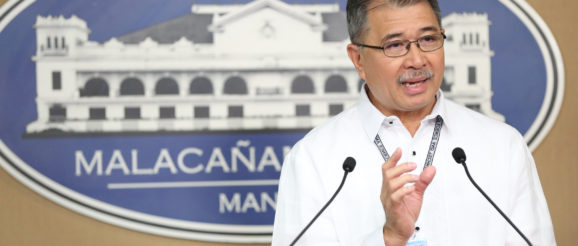DOST programs contribute to PH’s improve ranking in global innovation index

By Dhel Nazario
The innovative programs of the Department of Science and Technology (DOST) have been considered as significant contributing factors in the Philippines’ improved ranking in the Global Innovation Index (GII).

Department of Science and Technology Secretary Fortunato dela Peña (TOTO LOZANO/ Presidential Photo / MANILA BULLETIN)
“The rise in our global innovation ranking to 54th from 73rd the previous year validates our work and encourages us to continue our mission to strengthen R&D across the country,” said DOST Secretary Fortunato T. de la Peña.
The DOST believes more opportunities await the Philippines’ innovation landscape, as current developments are expected to snowball into increased research and development (R&D), technologies, and business innovations.
“The recent passage of the Philippine Innovation Act and the creation of the Philippine Space Agency will provide us a wider platform to pursue more research and to further strengthen the innovation space,” Secretary de la Pena said.
“We are also optimistic that through the Regional Inclusive Innovation Centers (RIIC) initiatives, our efforts to solidify innovation across the regions will bear fruit,” he added.
The DOST, in partnership with the Department of Trade and Industry (DTI) and with the support of regional agencies, established RIICs in the pilot areas of Bicol, Central Visayas, Northern Mindanao, and Southern Mindanao regions.
RIICs are enabling platforms where government, education, and industry players in the regions collectively pursue market-oriented researches that address issues and industry needs.
Through the RIICs, efforts to synergize the innovation activities of different stakeholders in the region—including universities, government institutions, S&T parks, R&D centers, startups, small and medium enterprises, large enterprises, funders—are strengthened.
“We need to establish more industry-academe linkages in research. Collaboration enables R&D stakeholders to build on one another’s ideas and synergize efforts. By doing this, we make innovation more widely impactful,” explained DOST Undersecretary for R&D Rowena Cristina L. Guevara.
The DOST plays a pivotal role in providing the resources needed to support collaboration in the region’s R&D processes and infrastructure.
